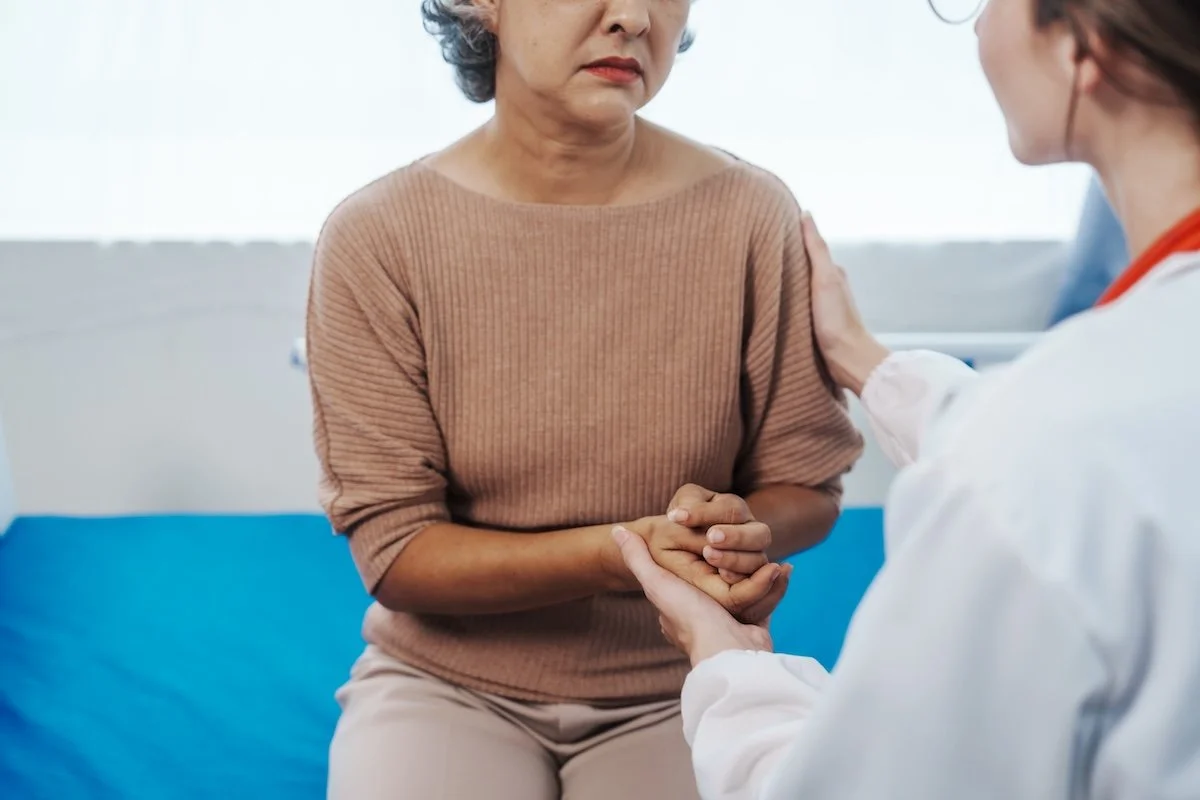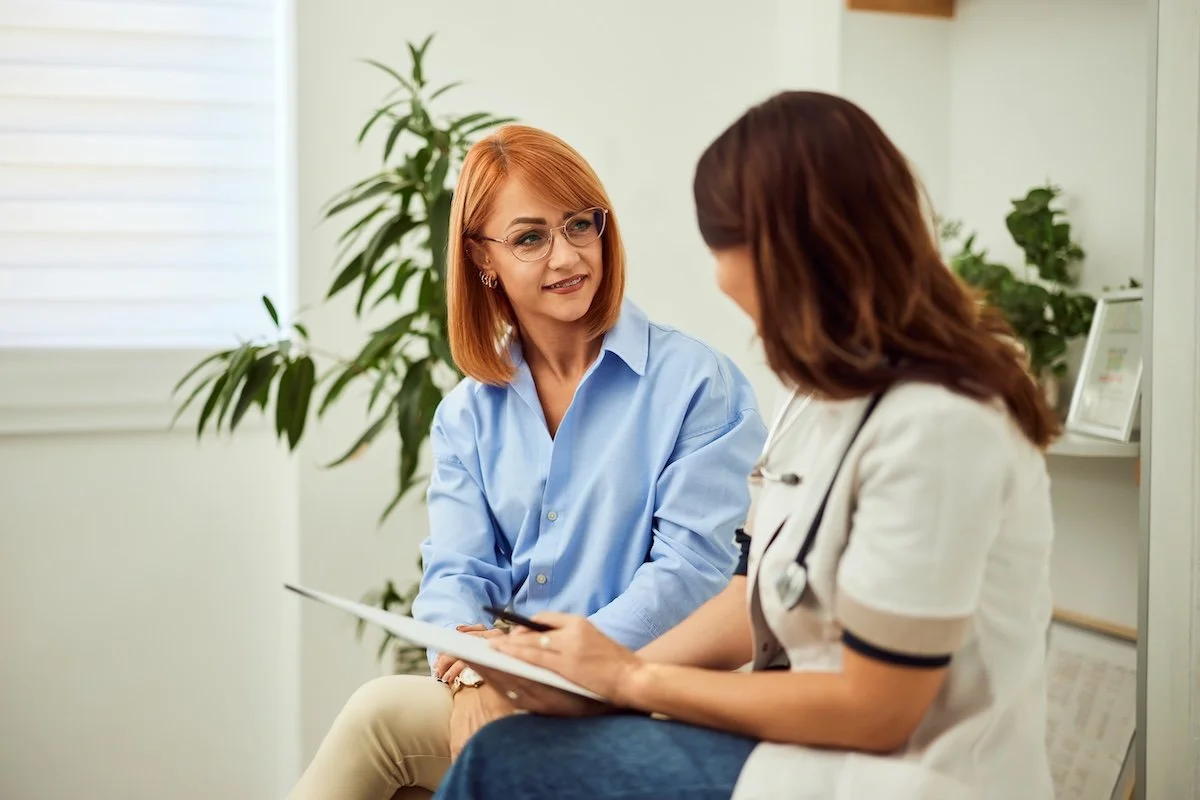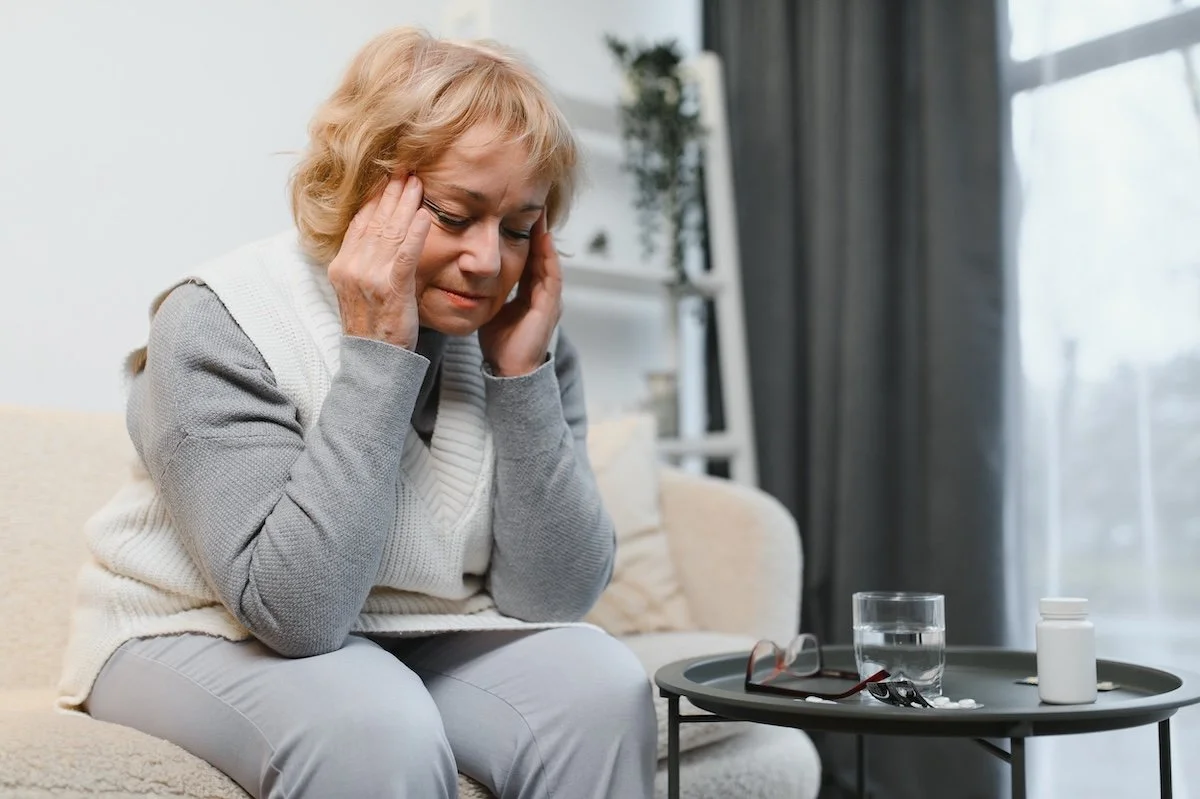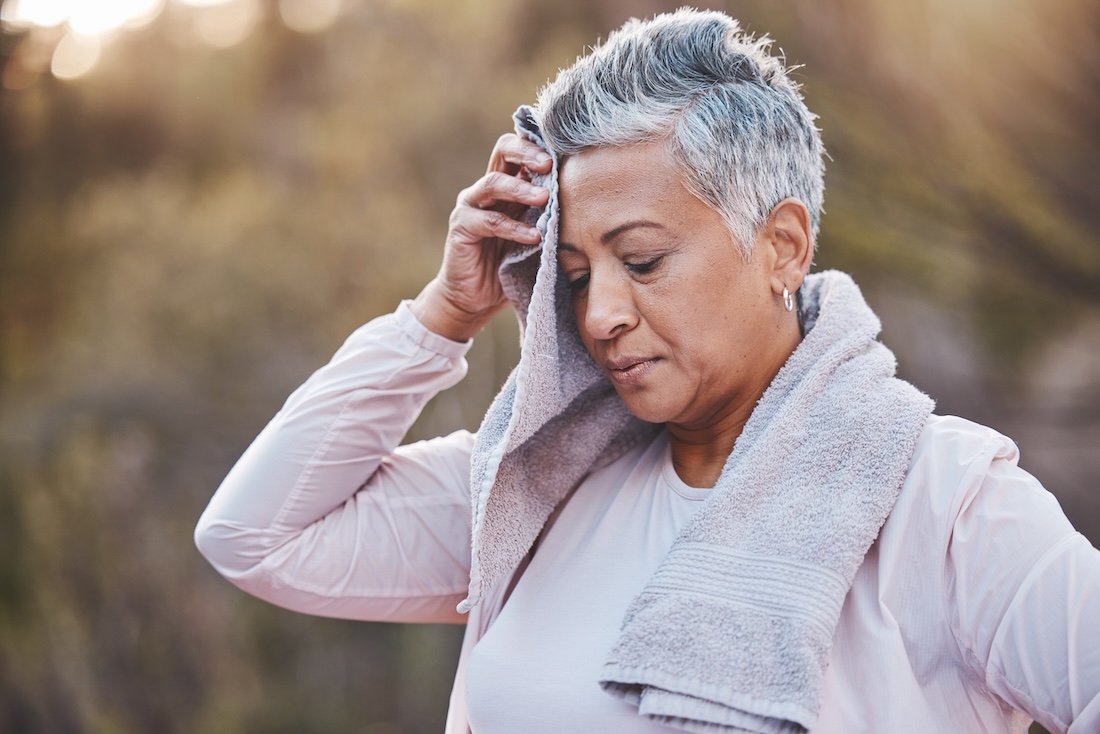Why Menopause Care Still Isn’t Equal
If we’re being honest, Women’s Equality Day doesn’t hit quite right when you spend your days listening to women whom the healthcare system has ignored.
Most of the women I see are smart, proactive, and fully capable of advocating for themselves. Still, they walk into my office worn down. Not because menopause is hard (though it can be), but because getting answers has been harder.
They’ve been told their symptoms are typical. They’ve been handed antidepressants instead of hormone options. They’ve asked questions and gotten shrugs. They’ve tried to Google their way through it because no one seemed to take them seriously.
So yes, we’ve made progress. But if half the population still struggles to get basic, evidence-based care for a life stage we all knew was coming? That’s not equality.
Not even close.
This Isn’t About Complaining
It’s about being accurate.
Medical research has a gap (many, actually) but the one around menopause is huge. For years, women weren’t included in clinical trials. When we finally were, most of those studies didn’t focus on midlife or hormonal transitions. And it shows.
We still don’t fully understand how menopause affects brain health in the long term. We don’t have enough options for women who can’t use hormone therapy. We don’t screen consistently for early menopause. And we’re only just beginning to acknowledge that what’s written in medical journals hasn’t always matched the lived experience of women.
If it feels like the system wasn’t built for us, it’s because it wasn’t.
The Hormone Therapy Mess
Let’s clear something up.
Back in the early 2000s, a major study called the Women’s Health Initiative scared a lot of people off hormone therapy. The headlines were everywhere. The study said hormones raised the risk of breast cancer, heart disease, stroke, and the damage was done.
What didn’t get as much attention? The study design was flawed. The risks were misrepresented. And the population in that study didn’t reflect the typical woman starting hormone therapy in her 40s or early 50s.
We’ve known this for years. The data has been clarified. The guidelines have shifted. And yet many doctors still avoid the conversation altogether.
That silence leaves women to piece together information on their own, on Instagram, in Facebook groups, through late-night research fueled by insomnia and frustration.
It shouldn’t be this hard.
What Care Should Actually Look Like
You should be able to sit down with a doctor who listens to you. Who doesn’t rush you. Who understands that what you’re describing: low energy, sleep issues, weight gain, brain fog, mood swings, and hot flashes. And who knows how to help.
Sometimes that means hormone therapy. Sometimes it doesn’t. Either way, you deserve someone who can talk you through your options without fear, shame, or outdated science.
This is what I try to offer in my practice. Longer visits. Honest conversations. Evidence-based care that considers your entire life, not just your lab results. I don’t assume you’re fine just because your bloodwork says so. I don’t assume you’re overreacting. I assume you know your body, and that if you’re here, something isn’t working the way it used to.
That’s enough.
If You’re Tired of Being Brushed Off
You’re not being dramatic. You’re not too sensitive. You’re not making things up.
You’re going through a transition that touches nearly every part of your life. It deserves attention. It deserves compassion. And it deserves care that’s actually rooted in science, not outdated fear or convenience.
If Women’s Equality Day means anything, it should mean this: no more asking women to push through what we could be treating. No more telling women to wait until it gets worse. No more acting like this is just what aging looks like.
You’re allowed to want more. I want that for you, too.
If you’re ready to start the conversation, I’m here. Call 440-797-1871 or visit www.conciergemedicineofwestlake.com. We’ll take it from there.
This Is What Equity Looks Like in Practice
Listening. Believing. Offering genuine care based on what we know now, not what we feared 20 years ago. It’s not flashy, but it matters. And it changes lives every single day.

























